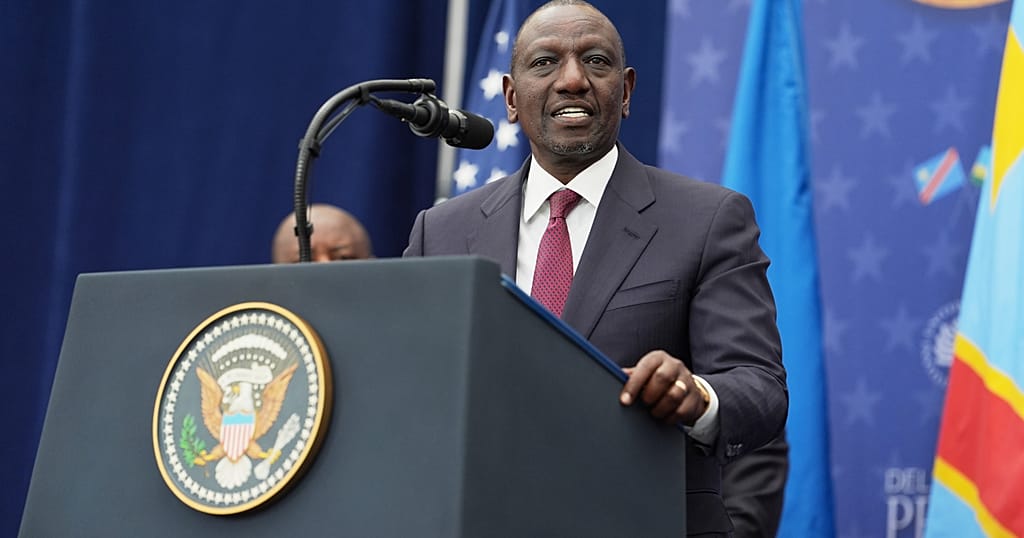Oyo, Nigeria – First introduced as part of the routine immunisation programme in October last year, the HPV vaccine, developed to help prevent cervical cancer, was extended to a majority of Nigerian states on Monday.
In the southwestern Oyo state, health workers participated in a campaign to disseminate information about the vaccine in local villages.
“We have heard about cervical cancer before now and we are aware of the disease it causes, that’s why I asked my daughter to get vaccinated as a preventive measure,” said Ramotalai Awoniran, after her daughter received the vaccine.
The HPV vaccine is now available across the country.
Cervical cancer is the third most common cancer and the second most frequent cause of cancer deaths among women aged 15 to 44 years in Nigeria, according to the United Nations. In 2020 – the latest year for which data is available – the country recorded 12,000 new cases and 8,000 deaths from cervical cancer.
Unlike other vaccination campaigns successfully run in Nigeria despite significant challenges, such as linguistic diversity and underfunded primary healthcare centres, the HPV vaccination campaign has unique aspects. Ahead of the nationwide drive, Nigerian authorities intensified efforts both online and offline to educate citizens about the vaccine.
“There are some rumours going around that they want to reduce the fertility of the girls, but we have been educating the parents that this vaccine is safe; the only thing it does is prevent cervical cancer,” said Lagbenro Arinlade-Ayoade, Oyo-west’s primary health care coordinator, to The Associated Press.
Although the HPV vaccine has been in use in many developed nations for about two decades, it has only been introduced in the immunisation programmes of just half of the countries in Africa, despite the continent’s heavy burden of cervical cancer. One in five cervical cancer deaths globally in 2020 occurred in Africa, where 100,000 women developed the disease and 70,000 deaths were recorded.
The expansion of the HPV vaccination programme in Nigeria is a critical step in combating cervical cancer and protecting women’s health across the nation.



